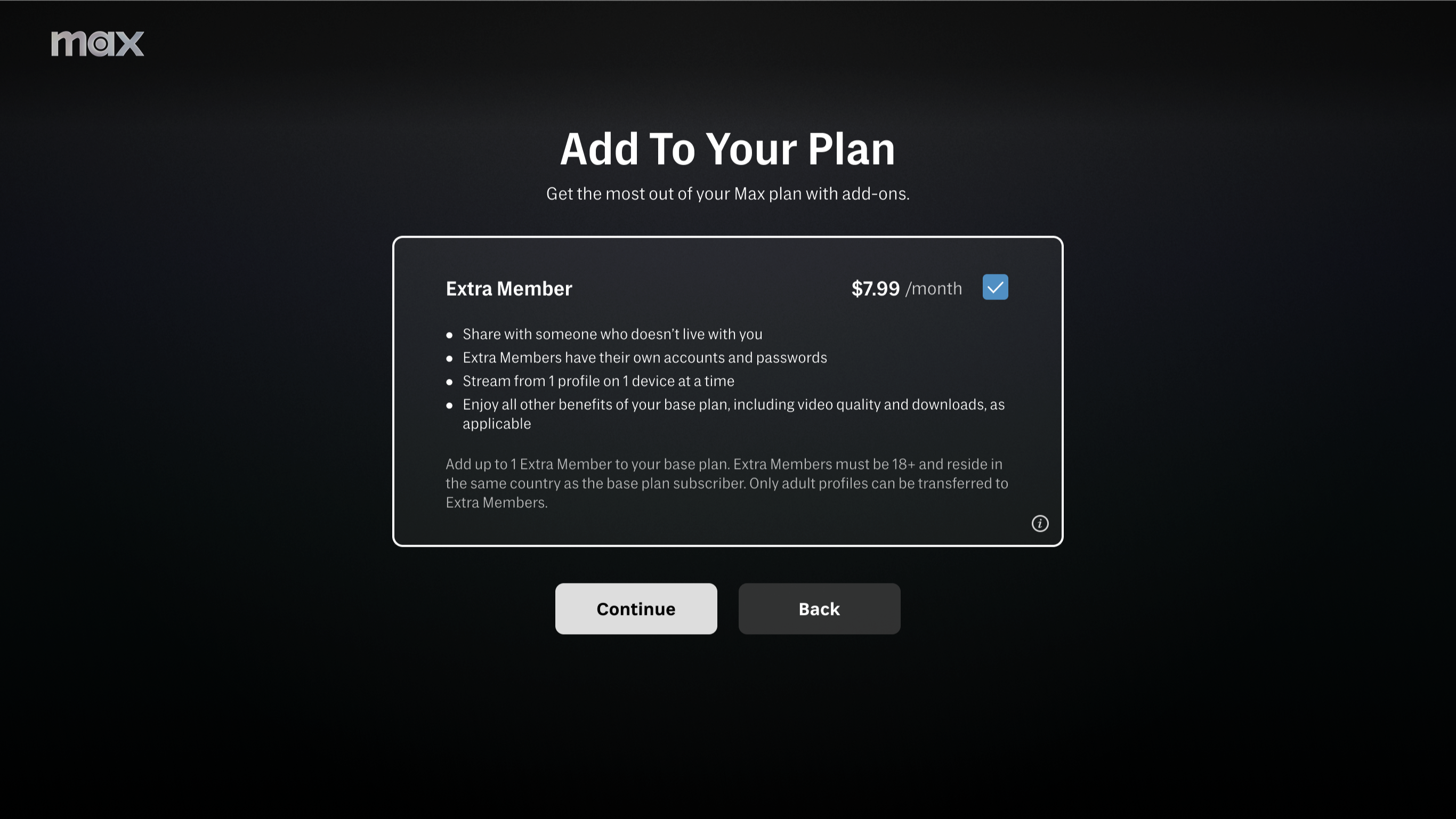NAB Says Broadcasters Could See Big Hike in FCC Regulatory Fees
New appropriations bill gives FCC green light to boost collections

The National Association of Broadcasters is predicting a hefty increase in the annual regulatory fees broadcasters pay if the FCC maintains the same methodology to determine this year’s collections.
NAB says broadcasters could be stuck paying a 10% hike in regulatory fees and appears poised to fight any such increase. The projected increase is sparking backlash and a call for the commission to revamp the process by which it establishes those fees.
Regulatory fees are collected to cover the FCC’s operations, including employee salaries, rent and other related overhead. The system is designed to charge each industry whatever expense it takes for the agency to regulate it.
President Biden in March signed the appropriations bill for Fiscal Year 2022 that gives the FCC the authority to collect $381.95 million in regulatory fees from the industries it regulates. The commission collected an estimated $374 million in 2021 from all the industries it regulates, including broadcasters, cable and phone companies, internet providers and satellite operators.
Rick Kaplan, general counsel and executive VP at the NAB, says an increase for broadcasters is inevitable “if the FCC insists on clinging to its outdated and inaccurate methodology for determining who is responsible for subsidizing the commission for what amounts.”
NAB wants the FCC to review a governing statute that mandates the commission adjust its fee collection methodology to ensure the full-time equivalent number of employees within bureaus and offices accurately reflect the time and costs attributed to the industries they oversee.
“Once again, a substantial portion of the Commission’s FY 2022 budget request covers the costs of the Commission’s broadband-related activities, from which broadcasters receive no benefits,” NAB wrote in recent comments to the FCC
Get the TV Tech Newsletter
The professional video industry's #1 source for news, trends and product and tech information. Sign up below.
It continued: “NAB urges the Commission to adhere to its statutory mandate to take into account benefits received by fee payors and ensure that its forthcoming FY 2022 regulatory fee proposal adds a fee category for broadband service providers and/or reallocates broadband costs amongst only those fee payors that benefit from the Commission’s broadband activities.”
Kaplan in the NAB letter acknowledged that further analysis and a new rulemaking proceeding may be necessary to make the changes to the current fee structure. NAB is asking that broadcasters be exempted from paying for broadband costs. The group notes the FCC last year appropriately exempted broadcasters from paying for the commission’s broadband data mapping activities.
The NAB estimates that more than 500 employees at the commission currently are dedicated to working on broadband initiatives. That includes nearly two-thirds of Media Bureau staff, according to the NAB.
“Given the substantial and increasing amount of time and resources the Commission devotes to broadband related activities, the Commission should not delay adding a fee category for broadband service providers,” Kaplan says.
The NAB recognizes it may not be possible to perfectly align fees with the costs of regulating a specific industry, but asks the FCC to at least consider a reallocation. The FCC did issue a Notice of Proposed Rulemaking (MD Docket 21-190) last year asking whether it should adopt fee categories to collect fees from unlicensed spectrum users.
The NAB launched a major campaign in 2021 to convince the FCC to collect at least some fees from Big Tech companies. Broadcasters have complained they are unfairly subsidizing FCC operations that have nothing to do with broadcasting. NAB previously estimated broadcasters use 0.07% of allotted spectrum but account for at least 16% of the FCC’s entire budget while offering a free service to the public.
The FCC is expected to release its regulatory fee proposal in May.
Randy J. Stine has spent the past 40 years working in audio production and broadcast radio news. He joined Radio World in 1997 and covers new technology and regulatory issues. He has a B.A. in journalism from Michigan State University.
